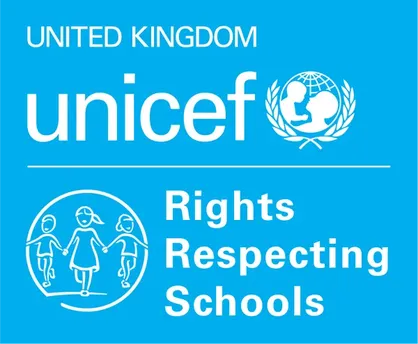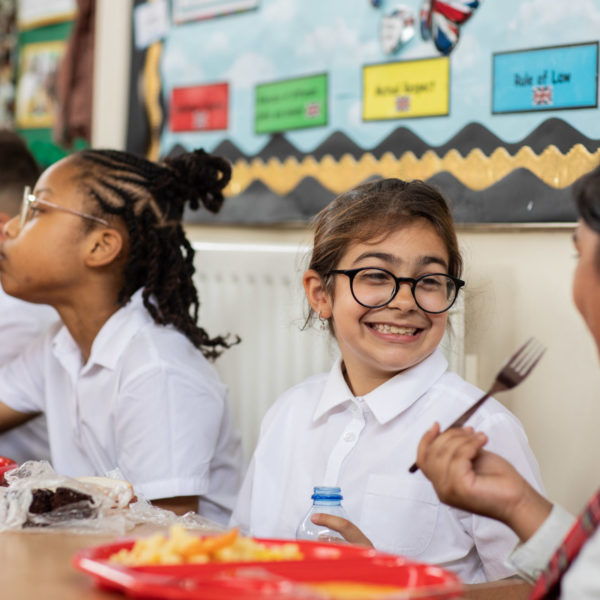When a school puts children rights education into practice we see young people develop positive, inclusive relationships, respect diversity and the rights of others.
In an inner city area in England a teacher explained how becoming a Rights Respecting School helped their students become more outward looking and challenged embedded attitudes.
“This is an area where there are a lot of negative views about immigration and refugees. It is a very white area. There are a few pupils from other cultures, and pupils are welcoming towards them, but they pick up negative attitudes from others. As part of teaching about Islam, we arranged a visit to a local mosque. In that first year, a lot of parents refused to let their children go on the visit. We nearly had to cancel it the first year.”
In becoming Rights Respecting, the school began to work on children’s rights, teaching pupils about respecting diversity and the rights of others. They also taught about refugees in their curriculum.
“It’s helped to get the children to look outside their little bubble. It’s opened up their eyes to life beyond their local community and to think about children elsewhere in the world and other children in their own country. When we arranged the visit to the mosque the second year, a lot of parents left it to their child to decide, and this time they overwhelmingly chose to go; only one refused. The pupils themselves saw why it was valuable.”
Teaching and learning about children’s rights in school gives young people the best chance to grow into active and engaged global citizens.
In schools that are Rights Respecting 97 per cent of headteachers told us the Award had improved children’s respect for themselves and each other, and 93 per cent said the Award had helped children to embrace diversity and overcome prejudices.
When a school embraces the principles and values of children’s rights we find children and young people:
- Are healthier and happier
- Have better relationships with teachers and their peers
- Become active and involved in school life, building the confidence to make informed decisions.
- Develop a moral framework, based on equality and respect for all.
Our Theory of Change explains how the Award works to change children’s experiences in school and is supported by a review of the available evidence.




